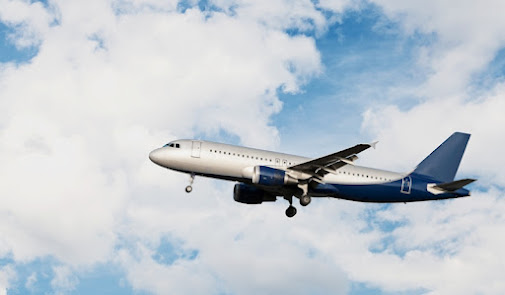Accidents on board an aircraft: The strict liability of airlines under the Montreal convention extends to inadequate first aid administered on board an aircraft
According to the Judgment of the European Court of Justice dated 6/7/2023 in Case C-510/21 (Austrian Airlines ), as regards accidents on board an aircraft, the strict liability of airlines under the Montreal convention extends to inadequate first aid administered on board an aircraft.
On a flight operated by Austrian Airlines, a jug containing hot coffee fell from a catering trolley and scalded a passenger. First aid was administered to him on board the aircraft. The passenger brought an action before the Austrian courts seeking damages and a declaration establishing Austrian Airlines’ liability for all future damage resulting from the aggravation of his burns on account of the inadequate first aid administered on board the aircraft.Austrian
Airlines contends that the action should be dismissed, since it was brought
after the expiry of the two-year time limit provided for in the Montreal
convention[1]
in respect of actions for damages relating to an accident that took place on
board an aircraft.
The
passenger, by contrast, submits that the Montreal convention is not applicable
because first aid administered on board an aircraft is not covered by the
concept of ‘accident’ within the meaning of that convention. According to the
passenger, the three-year time limit provided for under Austrian law is applicable
and the action is not therefore time-barred.
Accordingly,
in order to clarify the damage for which Austrian Airlines may be held liable,
the Austrian Supreme Court asked the Court of Justice whether the inadequate
first aid administered on board an aircraft to a passenger, which aggravated
the bodily injuries caused by an ‘accident’, within the meaning of the Montreal
convention, must be regarded as forming part of that accident.
The Court
answers in the affirmative. The Court notes that it is not always possible to
attribute the occurrence of damage to an isolated event where that damage is
the result of a series of interdependent events. Thus, where there is a series
of intrinsically linked events that take place successively, without
interruption, in space and time, that series of events must be regarded as
constituting a single ‘accident’ within the meaning of the Montreal convention.
In the present case, in view of the continuity in space and time between the
jug of coffee falling and the first aid administered to the passenger injured
by it, it cannot be disputed that there is a causal link between the jug of
coffee falling and the aggravation of the bodily injuries caused by it on
account of inadequate first aid being administered.
Furthermore,
that interpretation is consistent with the objectives pursued by the Montreal
convention, which lays down a system of strict liability for airlines in order
to ensure protection of passengers while maintaining an equitable balance with
the interests of airlines. The fact that the airline has failed to fulfil its
diligence and care obligations is not capable of calling those findings into
question: for the purposes of classification as an ‘accident’, it is sufficient
that the event which caused the bodily injury of a passenger took place on
board the aircraft. (curia.europa.eu/photo freepik.com)
[1] Convention for the
Unification of Certain Rules for International Carriage by Air, concluded in
Montreal on 28 May 1999, signed by the European Community on 9 December 1999
and approved on its behalf by Council Decision 2001/539/EC of 5 April 2001 (OJ
2001 L 194, p. 38).








Comments
Post a Comment